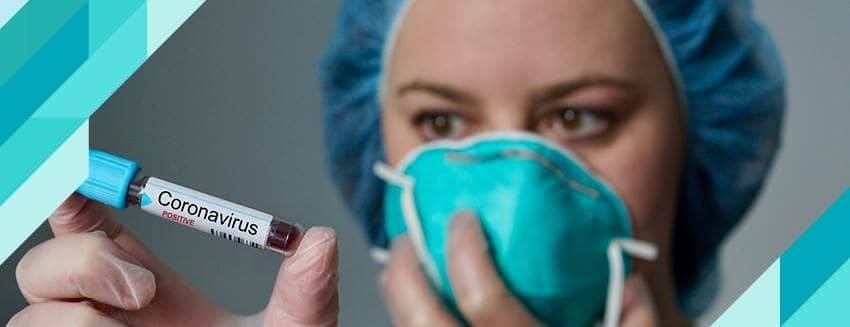
The HES code would be more useful if PCR could be done for everyone.
The HES code, which started to be implemented with the Covid-19 outbreak, ensures that PCR test positive people who travel by means of transportation, who are in environments where access is made with this code, are tracked and the people they come into contact with are reached. Experts point out that the application may be more beneficial if the HES code is given to everyone in the society after the PCR test is performed, as it separates people as risky or risk-free.
Üsküdar University NPISTANBUL Hospital Infectious Diseases and Microbiology Specialist Dr. Songül Özer shared very important information about the HES code, which entered our lives with the pandemic agenda.
HES code provides more benefit with PCR result
Infectious Diseases and Microbiology Specialist Dr. Songül Özer said, "The most important purpose of the HES code is follow-up. This code is used to determine who is sick with those who are sick in the same environment and to make filiation" and continued her words as follows:
"At first, the HES code was only applied for intercity and international bus and air travel. The HES code is now mandatory for entry to all state institutions. I think the purpose here is to ensure follow-up. If a person has traveled on a bus and then tested positive for PCR, this code allows them to easily reach other passengers on the bus. But it would be better if the aim was to know whether the person was sick or not and then decide whether to let them on the bus, on the plane or in a government institution. Everyone could be given a PCR and then given a HES code. This way, they would be taken into the environment and transportation vehicles knowing the test result and it would be more beneficial than it is now."
The contact person also does not know their condition
Özer pointed out that an individual who comes into contact with a person who has tested positive for Covid-19 is at risk because they do not know their own status, "For example, let's assume that there is a person with a positive PCR test and any person comes into contact with a Covid-19 positive person. But since PCR is not performed on the contact person, the contact person does not know his/her status, but takes the HES code and gets on the bus. However, he came into contact with a person who tested positive for Covid-19. In other words, people know after the transmission has taken place. As it is known now, this test is not done for everyone who has been in contact, but it is done to end the isolation."
The person who broke the isolation should be sent home
Stating that a person with a positive Covid-19 test result is seen as risky in the HES code system, Özer said, "When a person whose test is positive and who should be in quarantine violates isolation, they continue to infect people with this behavior. The person detected in this way should be sent home without any action being taken, told that they are risky and should be in isolation. They should not be allowed on buses, airplanes, government offices or hairdressers. There are many people in society who have not had PCR. If everyone could undergo PCR screening, then the HES code would be of great benefit. In the current situation, it can detect those who violate the rules and filiason."
